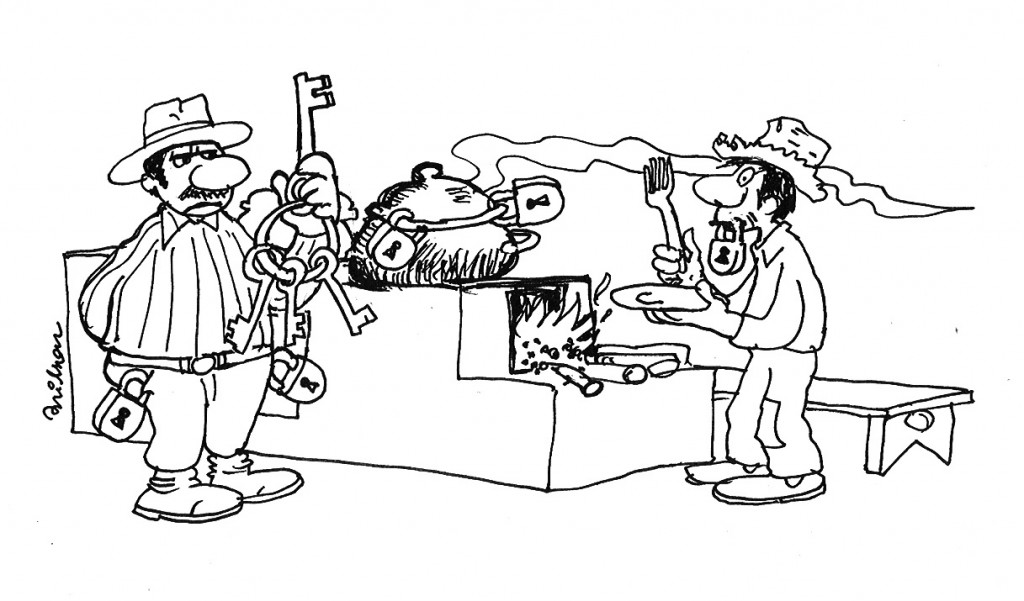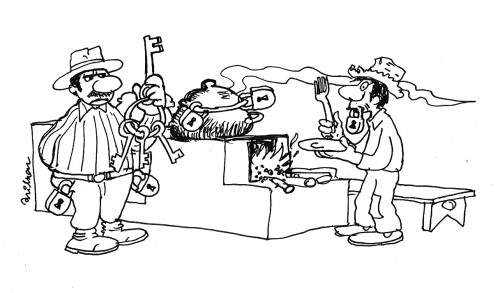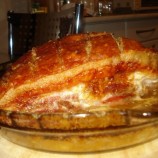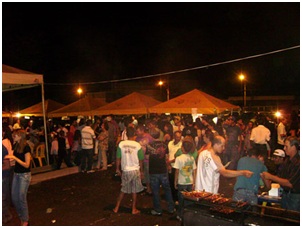I spent my childhood and adolescence in Pompéu, a small town in the interior of Minas Gerais, where I picked up so many stories that I feel compelled to narrate a few by virtue of their humor and the lessons that they bring.
Just yesterday, when I was talking about yams and potatoes on the bus, I remembered how cassava roots had all but disappeared from the Central Market of Belo Horizonte. The cassava had almost disappeared completely only to become a culinary delicacy years later, alongside many other root vegetables of Brazil. It is a delight!
It came to my mind at that moment a case which was told far and wide in my home town. João Serra was one of the richest ranchers in the area, and he didn’t get like that by chance. He was considered a central figure in his activities and, furthermore, very stingy. He married twice. The children from his first marriage grew up to be very thrifty even in old age. The father maintained an incontestable power over his sons.
One of them, Cota, even after becoming a family father, still reported regularly to the old man. João Serra, now remarried, brought up his new children much more liberally.
Cota would always go to the capital, I think it was due to a health treatment, and on one of these trips he bought a book about agricultural practices which caught his interest because of a chapter on the cassava root. Cota was the only larger scale producer of those tubers in town.
The day after his return, Cota went to see his father and relate to him about the trip. He pulled out the well-bound book to show the old man. João Serra leafed through the book, read the chapter on cultivating cassavas, scanned through another one or two chapters before stopping at the part referring to the fava torcida, a very flavorful string bean brought in by the portuguese at the beginning of the colonization period.
With the usual stern demeanor he always upheld with his first children, he tossed the book upon the table with a scornful look on his face.
– Cota, how much did you pay for this?
Cota, fearful of getting scolded for having paid 30 cruzeiros for the book, decided to lie so as to avoid the reprehension.
– A bragain price father, 5 cruzeiros.
Joao Serra reached deep down into his pocket, grabbed 5 one cruzeiro bills and gave it to his son.
– I’m going to keep this one, next week you will have to go back to Belo Horizonte and buy another one for yourself.
Another case of the old Joao Serra was told by his farm employees. Several countertops outlined the wood fire stovetop in the ample kitchen. Employees and their families in a common queue took their plates and utensils on the side-table and served themselves from the smoking pots on the brick fire stove.
Rice, beans and meat were the basics. Collard greens on occasion. Manioc flour always accompanied the beans, the more the beans were watered down, the more flour was served. When the manioc harvest was abundant, it was also served cooked. They say that on these occasions, João Serra would sit facing the stove and whenever anyone, family or employee, had already been served manioc and showed any intention of serving manioc flour, the old man would step in saying: “You already put manioc, one serves for the other.”
Related Articles














